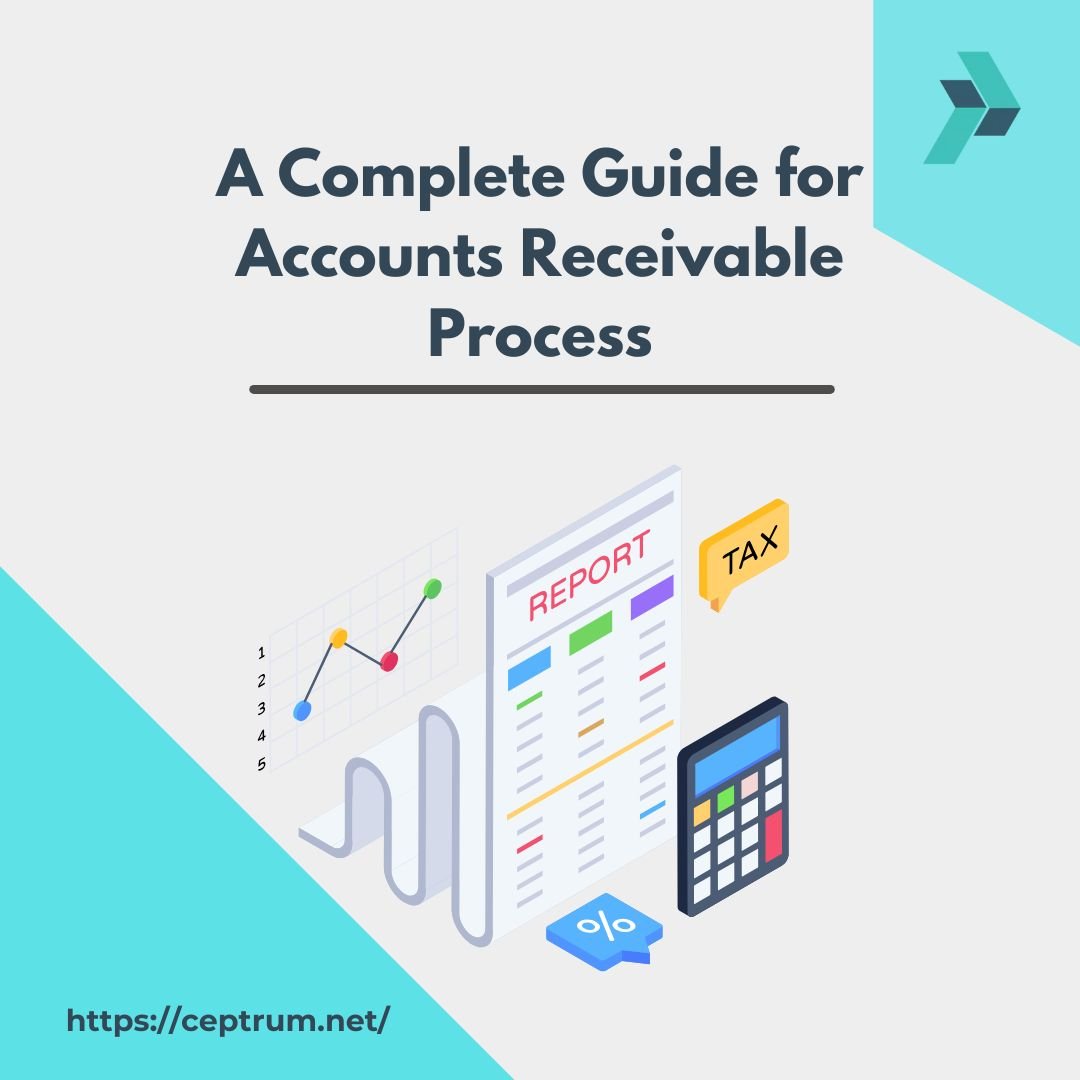Credit card settlement is a debt relief option that allows individuals to negotiate with their creditors to reduce the total outstanding balance. While this can provide financial relief for those struggling with unmanageable debt, it also carries several risks that should be carefully considered before proceeding. Understanding these risks can help consumers make informed financial decisions and explore alternative debt management strategies.
Note :- Individuals struggling with debt found solutions through credit card settlement UAE by Global Debt Advisory. Negotiated settlements reduced overall liabilities and restored financial peace of mind. Start your journey to financial freedom today!

Impact on Credit Score
Reduction in Credit Score
One of the primary risks of credit card settlement is its negative impact on an individual’s credit score. When a settlement is reached, the credit card company reports the account as “settled” rather than “paid in full.” This notation signals to future lenders that the borrower did not fulfill the original agreement, which can significantly lower their credit score.
Difficulty in Obtaining Future Credit
A lower credit score can make it challenging to qualify for new credit lines, loans, or mortgages. Even if an individual is approved for credit, they may face higher interest rates and less favorable terms due to their settlement history. This can affect long-term financial planning and borrowing ability.
Potential Legal Consequences
Risk of Lawsuits
Credit card settlement is not guaranteed, and creditors are not obligated to agree to a reduced payment. If negotiations fail, creditors may take legal action to recover the full amount owed. A lawsuit can lead to wage garnishment, asset seizure, or other financial penalties.
Collection Efforts and Harassment
During the settlement process, collection agencies may continue to contact the debtor aggressively. Frequent calls, letters, and potential legal threats can add stress and financial pressure. In some cases, creditors may sell the remaining debt to third-party collection agencies, making it even more difficult to resolve the issue.
Tax Implications
Taxable Debt Forgiveness
The Internal Revenue Service (IRS) considers forgiven debt as taxable income. If a credit card company agrees to settle for less than the full balance, the forgiven amount may be reported as taxable income. This could result in an unexpected tax bill, adding financial strain instead of relief.
Potential Increase in Tax Liability
For individuals in higher tax brackets, settled debt can push them into a higher tax category, leading to increased tax liability. This is an essential consideration when determining whether credit card settlement is the best financial strategy.
Costs and Fees
High Fees from Settlement Companies
Debt settlement companies often charge high fees for their services, which can range from a percentage of the total debt to a portion of the savings achieved. These fees can reduce the overall financial benefits of the settlement.
Hidden Costs and Additional Charges
Some debt settlement programs may include hidden fees, administrative costs, or penalties for missed payments. These additional expenses can make it more difficult to achieve financial stability after settlement.
Prolonged Financial Struggles
Temporary Relief with Long-Term Consequences
While credit card settlement provides immediate financial relief, it does not address the root causes of debt. Without proper budgeting and financial planning, individuals may find themselves in similar situations in the future, struggling with new debts and financial hardships.
Limited Access to Credit During the Process
Many debt settlement companies require clients to stop making payments to creditors while negotiations are ongoing. This can lead to late fees, additional interest charges, and a worsening credit score, making financial recovery more challenging.
Alternative Debt Management Strategies
Debt Consolidation
Instead of settling, some individuals opt for debt consolidation, which involves combining multiple debts into a single loan with a lower interest rate. This strategy allows for structured payments without significantly damaging credit scores.
Credit Counseling
Credit counseling services help individuals develop personalized financial plans, negotiate better payment terms with creditors, and improve money management skills. Unlike settlement, this approach does not involve defaulting on payments.
Budgeting and Financial Planning
Creating a realistic budget and cutting unnecessary expenses can help individuals gradually pay off their debt without resorting to settlement. Seeking financial education and planning for the future can prevent debt problems from recurring.
Conclusion
Credit card settlement may seem like an attractive solution for those struggling with overwhelming debt, but it comes with significant risks. The impact on credit scores, potential legal consequences, tax liabilities, high fees, and prolonged financial struggles must be carefully weighed before making a decision. Exploring alternative debt management strategies such as debt consolidation, credit counseling, and financial planning can provide more sustainable financial solutions. Understanding the risks and making informed choices will lead to long-term financial stability and improved financial health.
For More Insightful Articles Related To This Topic, Feel Free To Visit: Techners.net












Leave a Reply